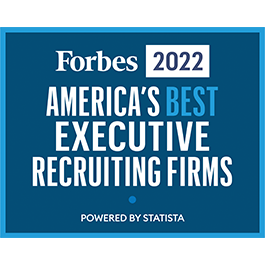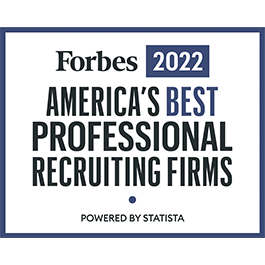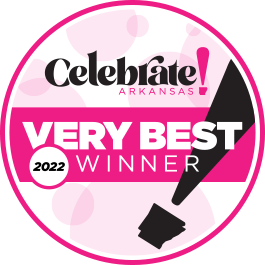When you think about “Brand Management” you likely think about the products your company makes or maybe the company itself. It’s what we’ve all been trained to do. After all we work for the company, don’t we?
But, have you taken some time to think about Your Personal Brand – what you as an individual stand for, what you personally contribute and how you want others to see you?
Through yearly performance evaluations we reflect on business successes or failures. We draw attention to a handful of examples that showcase how we’ve supported the company’s business objectives; essentially validating our role in the organization. But have you thought about Your Personal Brand and how your actions have supported it?
Many years ago, I was frustrated by a lack of acknowledgement from my employer. I felt I was sharing leverageable insights that weren’t being “heard.” I needed some sort of verbal validation from “the company” for all my hard work. As I vented my frustration to one of my colleagues, he challenged my premise. He asked me if I really worked as hard as I did for “the company?” Is “the company” my driving force? It was a question I hadn’t asked myself. I mean, my employer is paying me, my boss gives me an evaluation and determines whether I get promoted or not but neither of those things were in the forefront of my mind during my daily tasks. What was it that drove me to perform day in and day out? What made me want to go the extra mile? And then my colleague answered the question for me. He said – “You work for you. Not anyone else. You are your own Brand and you work hard every day because that’s how you want to be known to others.” And he was exactly right.
It’s less common than ever before to remain in a single company for your entire career. Today, the average person changes jobs ten to fifteen times (with an average of 12 job changes) during his or her career. Therefore, we need to actively manage our own careers. A great way to ensure we’re making the right choices, is to develop a Personal Brand that we can use to guide us over the lifetime of our career.
To get you started on developing your Personal Brand, ask yourself the following questions:
- What am I good at, or in other words, what are my strengths?
- What are my core values? Keep it simple – select a few key values to focus on. Some examples to get you started: Integrity, Transparency, Respect, Teamwork, Development, Courage.
- What’s my brand promise? This should encompass both the tangible and intangible aspects of your work. Tangible: I will always deliver my work on time and complete. Intangible: I will foster an open and inclusive working environment. Don’t forget your Personal Brand also needs ongoing management.
- Once you’ve clearly outlined your Personal Brand, it will be easier for you to vet potential employers when considering a career change. Most companies share their purpose and values on their corporate websites. This is an easy way for you to understand if your fundamental values are aligned with your prospective employer.
- Check back in on yourself. Ask your colleagues, customers and leaders for feedback. What do they see as your strengths? Do they feel you consistently deliver on your brand promise?
- Look to make improvements. Don’t be afraid to make changes. As we learn and grow, our beliefs and focus may change and that’s okay. What’s most important is to stay true to yourself and know what’s important to your success and happiness.
- So, the next time you are reflecting on how you’ve supported your company’s goals, take the time as well, to see how you’ve performed against your own expectations.
Renee Harris
*Team Leader – Shopper Marketing, Walmart & Sam’s Club – GlaxoSmithKline

*Title and company of the author reflect their position at the time article was written.
The opinions expressed here by guest bloggers are their own, not necessarily those of Stout Executive Search.





